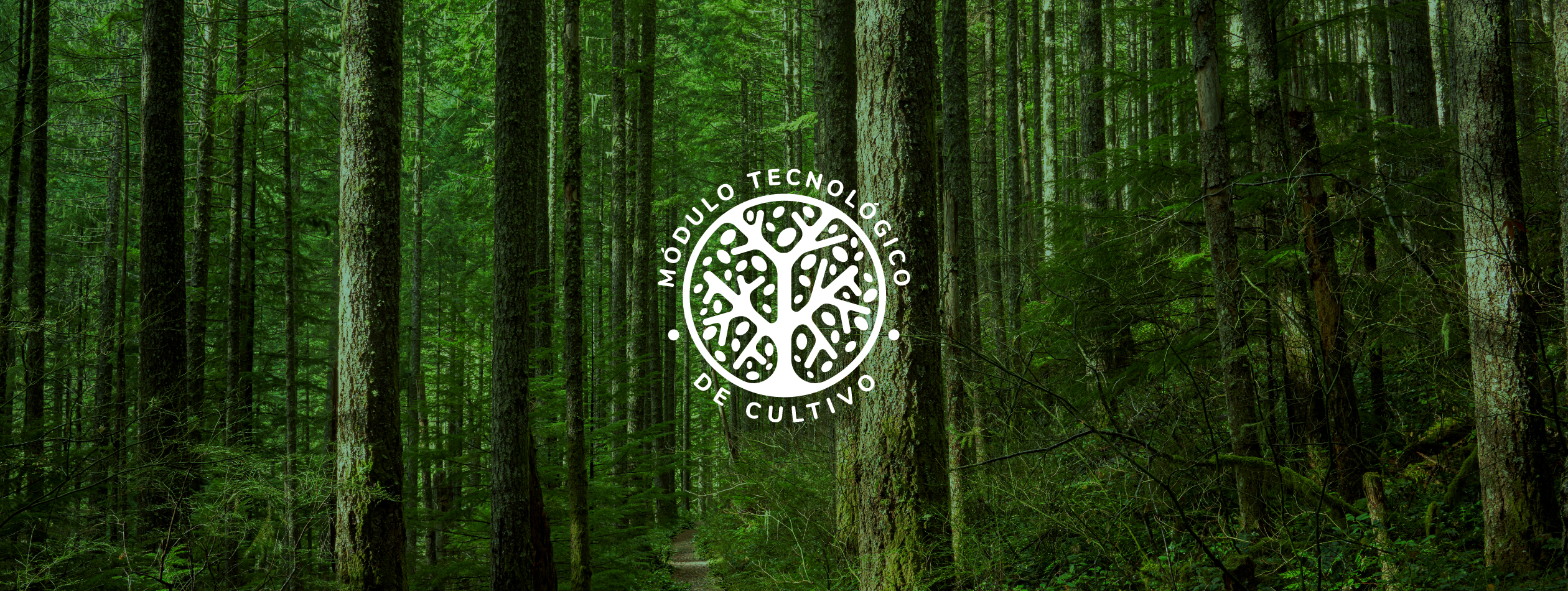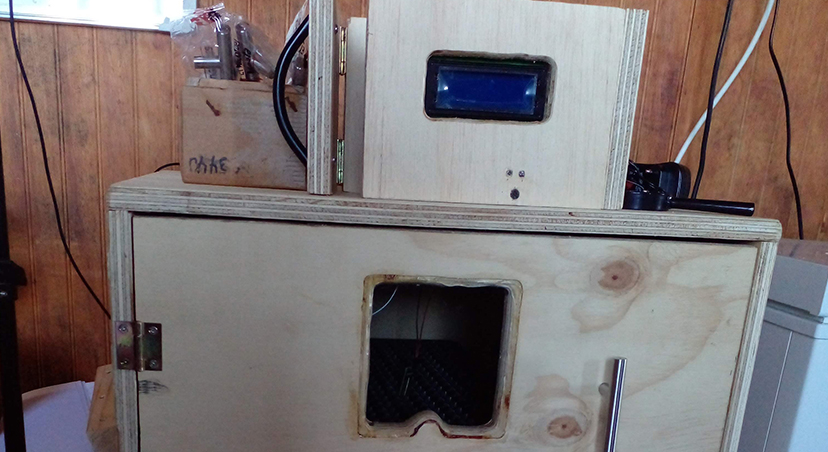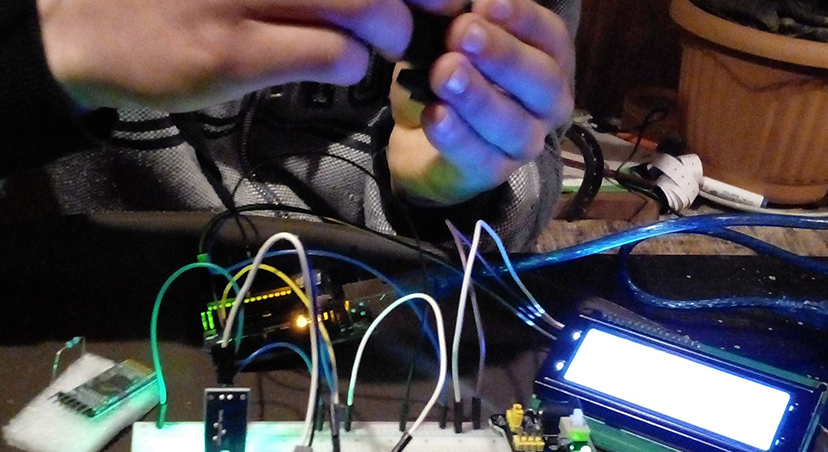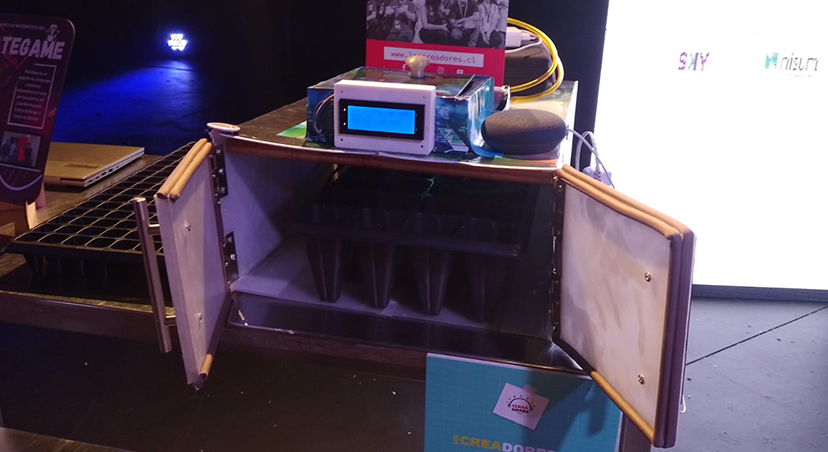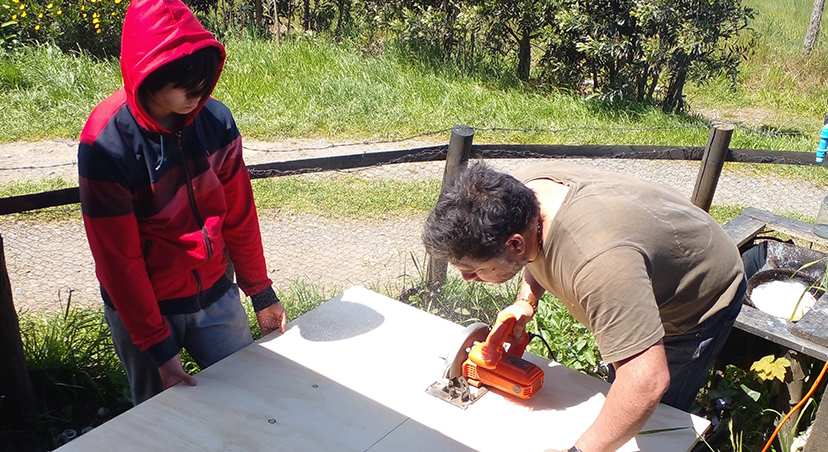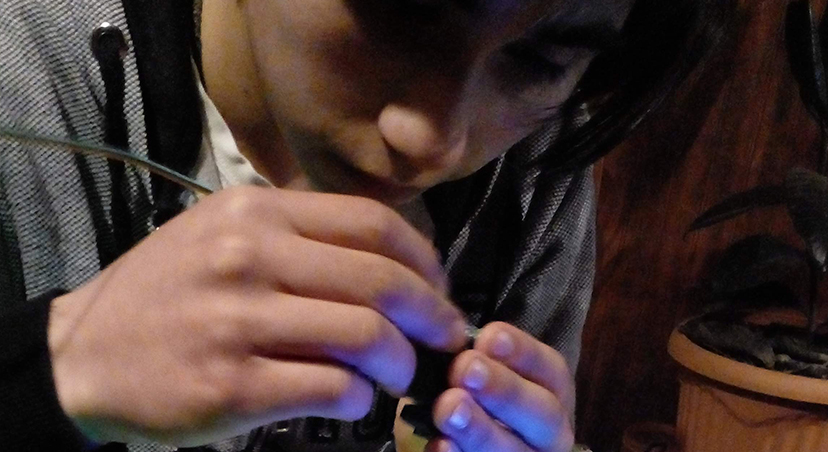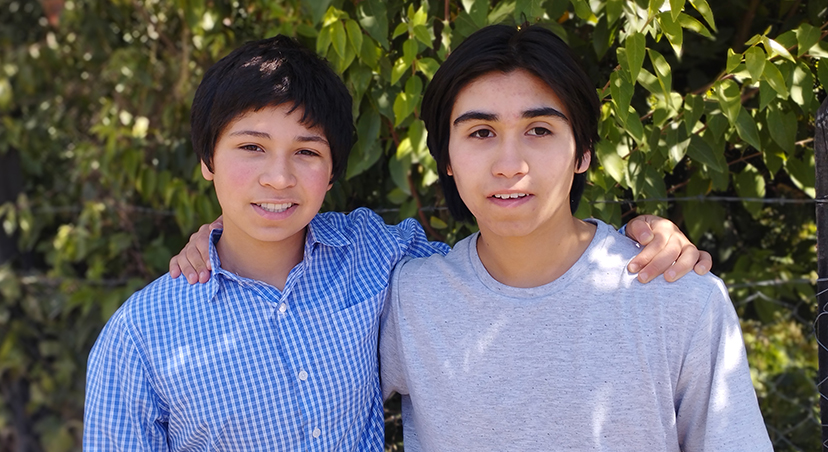About Technological
Cultivation Module
Let’s plant the Future
Chiloé is an area with great biological richness and an ecosystem that provides abundant forests, but it is also the area with the greatest loss of native forest in Chile.
Faced with this problem we created our Technological Cultivation Module, which facilitates the germination of native seeds and their growth, ensuring the genetic diversity of plants in the forests and the chain of benefits they generate for the ecosystem. The Technological Cultivation Module makes the seeds and then the plants able to adapt to different geographical environments, so that their germination is easier and more accessible .
Stages of Technological Cultivation Module
First Prototype
Technological Germination Chamber: Our first prototype was a system that had air humidity, soil humidity and air temperature sensors. The data obtained by these sensors was sent via Bluetooth to a mobile app to record and monitor the crop in real time.
Second Prototype
Technological Cultivation Module: The second prototype to which we added new technology including fans, thermal beds, a Wi-Fi module to connect the system with the mobile app and pH and light sensors.
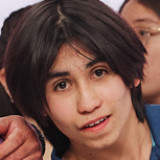
Vicente Naour
How was your experience developing the project to apply for The Creators?
The experience of creating a project and applying for The Creators Award was honestly wonderful, because in the process I was able to learn a lot about myself and I was also able to put my passion for programming and technology into practice.
What would you tell other boys and girls to get them interested in science and technology?
To all young people I would say that science and technology are fundamental for the world and for the future of us all, since they are present in our daily lives and are part of the solution to important problems such as climate change, among many others.
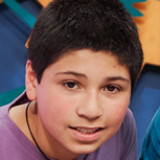
Renato Naour
How was your experience developing the project to apply for The Creators?
Developing the project was a job that required a lot of effort, but once I submitted it and saw the final result, I felt extremely pleased.
What would you tell other boys and girls to get them interested in science and technology?
I would tell young people that science and technology can be really fascinating to learn, they just have to do what they like and have fun in the process.
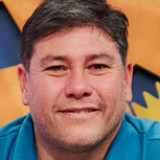
Claudio Naour
How did you feel about meeting other teachers and students from all regions of the country, united by the same goal?
It was rewarding and motivating to meet teachers and students who are part of the ecosystem of technology creation, where they are trying to bridge existing gaps in the education system and in our society, decentralizing and distributing STEM knowledge.
Why do you think it is important to teach digital skills and innovation to students?
I think it is important to teach digital skills because they constitute the tools that are being produced today and will be the tools of tomorrow, so that no exclusions or gaps with the language of the future are created.
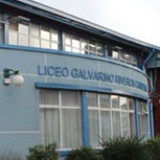
About their School
The Galvarino Riveros Cardenas High School, located in the community of Castro in the Los Lagos Region, is a Municipal and Humanistic-Scientific educational establishment. Its mission is the integral development of its students, including innovative, creative and inclusive methodologies that respond to their needs and circumstances.
The entire team of «Technological Cultivation Module«, the first national project of the
Digital Talent Award «The Creators» 2021, travels to the
United States to immerse themselves in the technological
ecosystem of the No. 1 region of innovation and
entrepreneurship in the world: Boston, Massachusetts.
This trip was possible thanks to:

